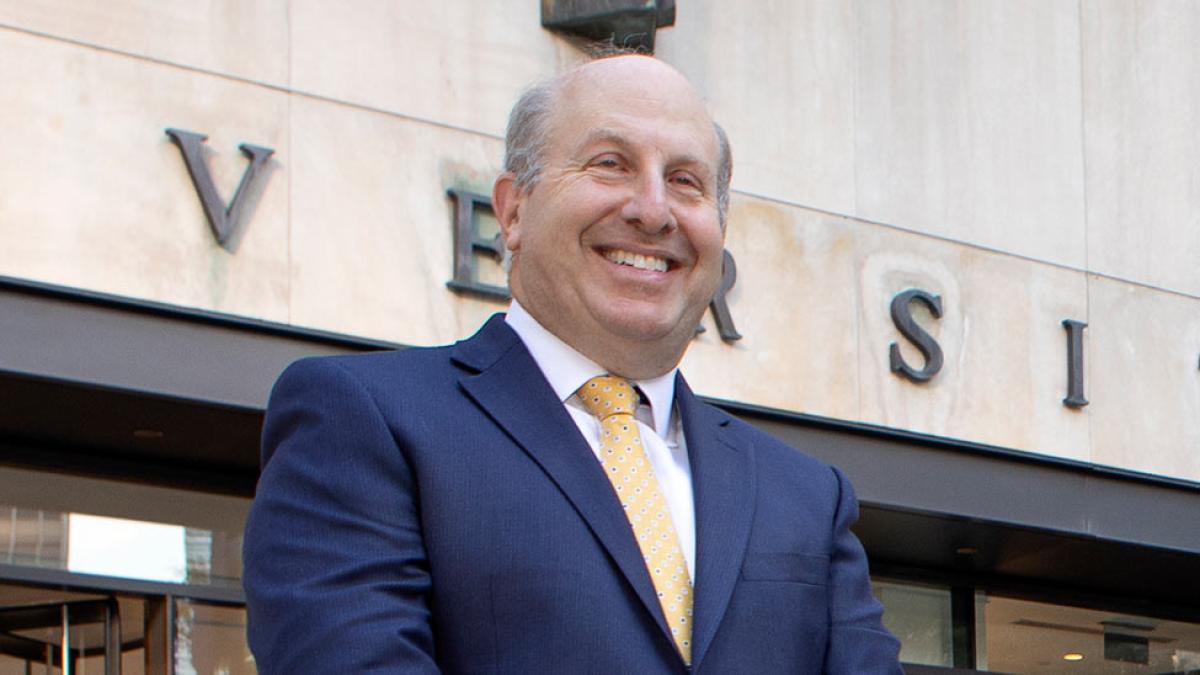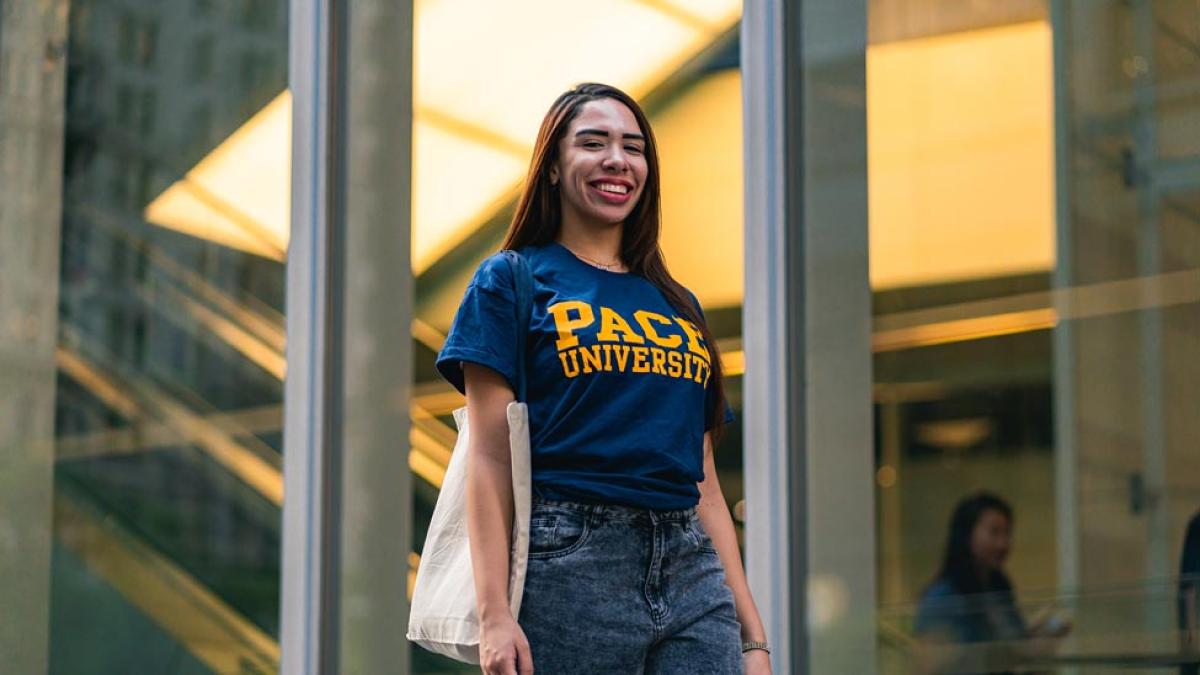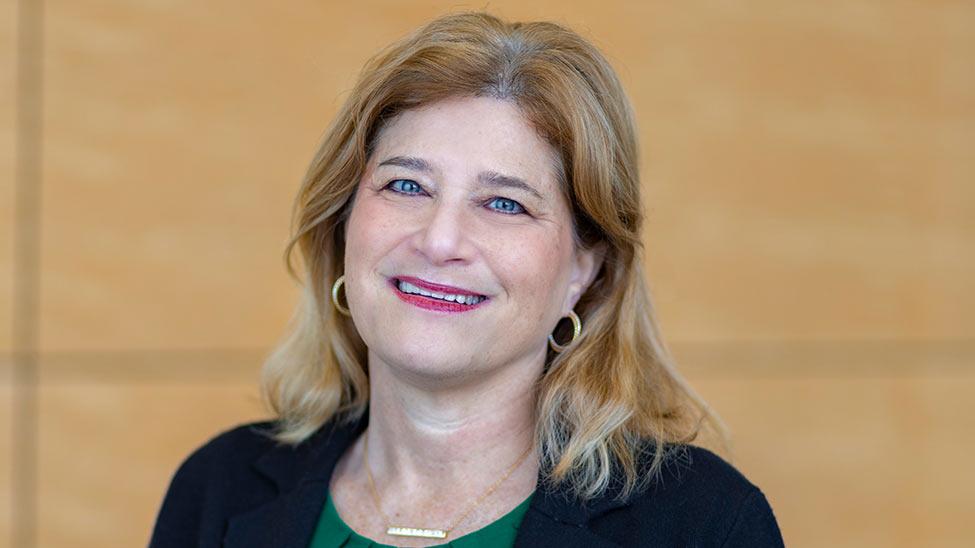
Shaping Future Scholars: Fall 2024 Pace-Maryland Colloquium Held
On November 22, 2024, the Fall 2024 Pace-Maryland Colloquium was held at the UMD Carey School of Law in Baltimore, Maryland. For the Fall 2024 event, a cohort of Elisabeth Haub School of Law at Pace University Environmental Law students traveled down to Baltimore joining their student colleagues at UMD Law for an entirely student-focused environmental academic event.
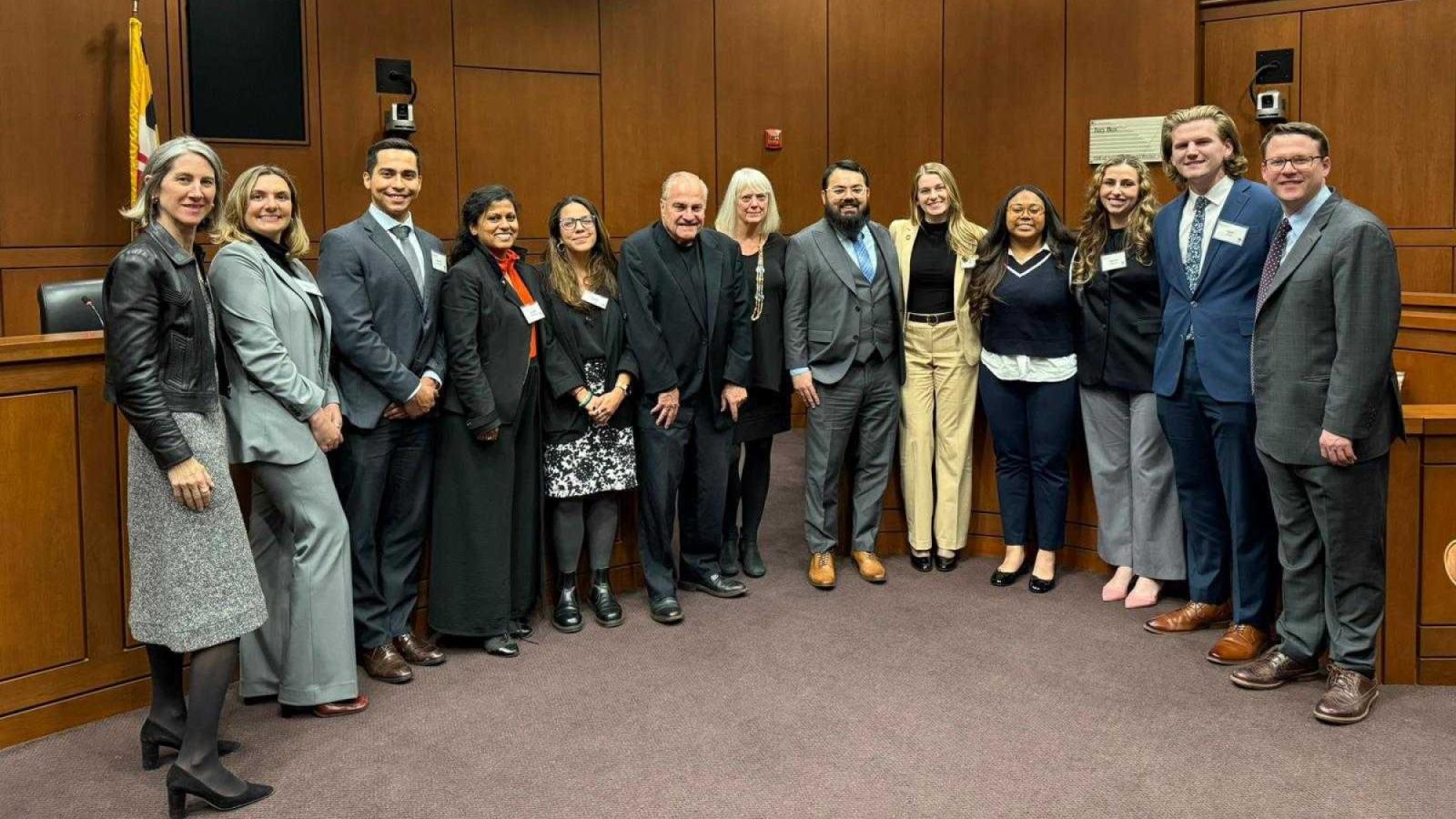
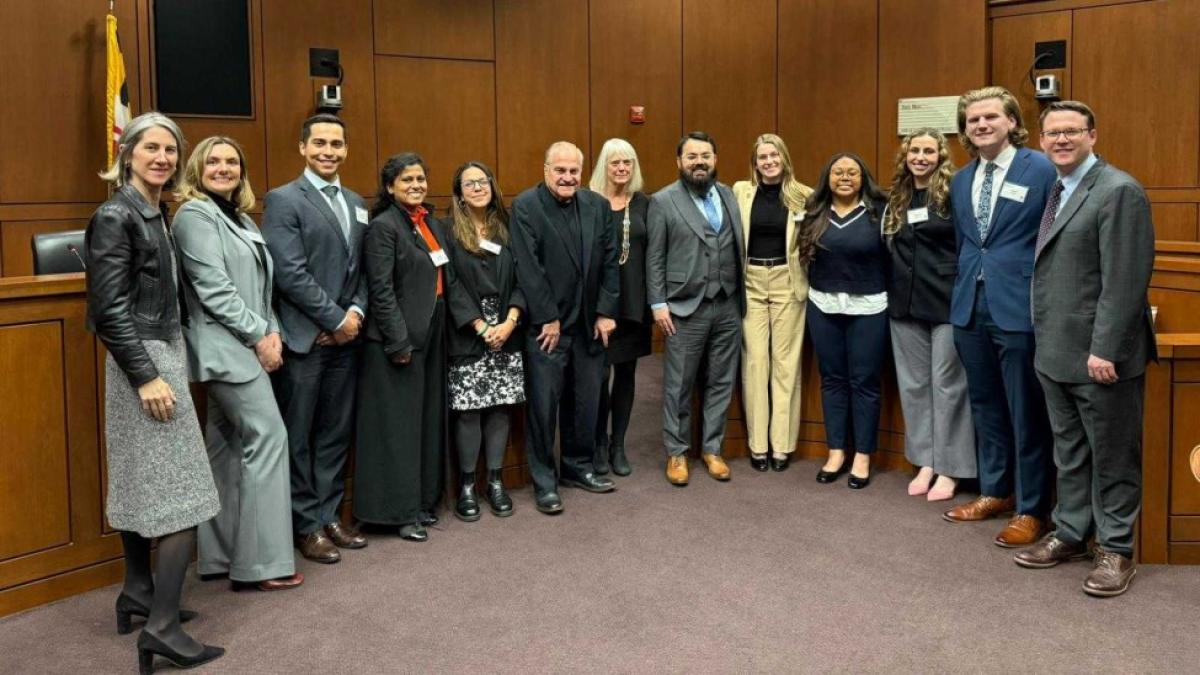
On November 22, 2024, the Fall 2024 Pace-Maryland Colloquium was held at the UMD Carey School of Law in Baltimore, Maryland. For the Fall 2024 event, a cohort of Elisabeth Haub School of Law at Pace University Environmental Law students traveled down to Baltimore joining their student colleagues at UMD Law for an entirely student-focused environmental academic event. The now semiannual Colloquium grew out of the broader, Maryland-Pace Environmental Law Alliance, a first of its kind collaboration between two top ranked environmental law programs. The Environmental Alliance draws on each program’s strengths in the field to train the next generation of environmental lawyers in a new era of legal education and environmental challenges.
“In 2015, Haub Law entered into a partnership with UMD Law – the Maryland-Pace Environmental Law Alliance – and have since worked together on numerous important initiatives, including this joint Colloquium,” said Achinthi Vithanage, Professor of Law for Designated Service in Environmental Law and Associate Director of Environmental Law Programs at the Elisabeth Haub School of Law at Pace University. “The Pace-Maryland Colloquium provides a safe space for students to present their research and scholarship to top scholars in the field,” said Professor Vithanage. "Through this Alliance, the Colloquium, and other collaborative initiatives with UMD Law, we are providing our students with broad opportunities for innovative thought sharing and greater access to our shared resources.”
The Pace-Maryland Colloquium provides a safe space for students to present their research and scholarship to top scholars in the field
Throughout the Fall 2024 Colloquium, scholarship produced by the students at both law schools was showcased, providing them a forum to present and receive feedback from experts and professionals in the field. This year, students from The George Washington University Law School also had the opportunity to share their work as well. Pace | Haub Environmental Law student presenters included Samuel Carvalho, who presented on “Advancing Climate Change Goals: Mangrove Ramsar Sites, Conservation and Restoration Through REDD+,” Jamie Lee Justice, who presented on “Against Industrial Animal Agriculture: A Human Rights Approach,” John Nervais-Gwilt, who presented on “Restoring a Dying Land: A Comparative Treaty Analysis for Central Asian Water Management and Humane Remediation,” and Lauren Shy, who presented on “The Secondhand Sustainability Scam: How the Lanham Act Can Stop Resale’s Greenwashing.”
They were supported by a Pace | Haub Environmental Law cohort of student leaders, including Environmental Law Fellow Daniel Dorough, Pace Food Law Fellow Yasmine Blakely, Environmental Law Society Chair Cassidy Yelincic, NELMCC Board Chair Francesca Gugino, and Land Use Law Scholar Jack Finn, as well as faculty members, Professors Camila Bustos and Achinthi Vithanage. Following the colloquium, they joined UMD Law’s annual guest lecture which featured Janet Coit, head of the NOAA National Marine Fisheries, followed by their annual winetasting alumni event.
Launched during the pandemic as the Pace-Maryland Online Colloquium, the event initially welcomed faculty and alumni from both schools to present on interesting research and scholarship in the environmental, energy, and natural resources law fields. In 2022, under the leadership of Professor Vithanage, the Maryland-Pace Environmental Law Alliance shifted and transformed the colloquium into an entirely student-focused event. In Spring 2022, the Colloquium was hosted virtually on a monthly basis and featured the scholarship of twelve students of Pace | Haub Environmental Law and UMD Law. Since Fall 2022, the Colloquium has been held in-person and showcased various student panels and their research papers with both Pace | Haub Environmental Law and UMD Law hosting the event. Most recently, In the spring 2024 session of the Colloquium, students from UMD Law traveled up from Baltimore, Maryland to join Pace | Haub Environmental Law students in White Plains, New York for a packed Earth Week schedule featuring the Pace Environmental Law Review Symposium on Sustainable Business Law and the 10th Anniversary of the Earth Day Jam, featuring the student-faculty band "The Recess Appointments".
It is anticipated that the Spring 2025 Colloquium will be held on Haub Law’s White Plains, NY campus and UMD Law students will travel to Haub Law for it and also attend Haub Law’s annual Lloyd K. Garrison Lecture on Environmental Law and network at the School’s Earth Day Jam.
Elisabeth Haub School of Law Professor Jill I. Gross Co-Authors Transformative Book on Federal Arbitration Law
Professor Jill I. Gross, Vice Dean for Academic Affairs and a distinguished faculty member of the Elisabeth Haub School of Law at Pace University , is shedding light on the past and future of arbitration law with her newest book, The Federal Arbitration Act: Successes, Failures, and a Roadmap for Reform.



Professor Jill I. Gross, Vice Dean for Academic Affairs and a distinguished faculty member of the Elisabeth Haub School of Law at Pace University , is shedding light on the past and future of arbitration law with her newest book, The Federal Arbitration Act: Successes, Failures, and a Roadmap for Reform. Co-edited with Richard A. Bales and published by Cambridge University Press, the book features 30 scholars speaking collectively towards improvements to the Federal Arbitration Act (FAA) as it approaches its 100th anniversary.
Enacted in 1925, the FAA was designed to place arbitration agreements on equal footing with other contracts, reversing historical judicial hostility to pre-dispute arbitration clauses. However, its application has evolved in ways Congress may not have anticipated, especially in consumer and employment disputes. As Professor Gross explains, “The centenary of the FAA is an opportune moment to examine a statute that has profoundly impacted the lives of millions of Americans, and to propose ways to ensure it continues to serve its intended purpose while addressing modern realities.”
The centenary of the FAA is an opportune moment to examine a statute that has profoundly impacted the lives of millions of Americans, and to propose ways to ensure it continues to serve its intended purpose while addressing modern realities.
The timely publication brings together diverse perspectives from scholars, practitioners, and arbitrators, each focusing on different provisions of the FAA. Key recommendations range from modernizing procedural mechanisms, such as addressing the rise of online arbitration, to reassessing the enforceability of arbitration clauses in consumer and employment contracts. “One of the most significant criticisms of the FAA is its role in enforcing class action waivers in arbitration clauses, which can suppress claims by individuals against corporations,” said Professor Gross. “Our contributors offer a variety of reform proposals, including making arbitration clauses enforceable only when they guarantee hallmarks of due process, such as impartiality and fair notice.”
Professor Gross, whose expertise spans commercial and securities arbitration, collaborated with co-editor Richard A. Bales, an authority on labor arbitration, to ensure the book addresses the broad spectrum of arbitration governed by the FAA. “We were impressed by the breadth and novelty of the ideas our contributors proposed,” Professor Gross added. “From updating the language of the statute to aligning arbitration processes with contemporary standards of fairness, the book provides a roadmap for meaningful reform.”
Designed for policymakers, legislators, scholars, and students of arbitration, the book not only critiques the FAA but also underscores its successes. “One of the statute’s great strengths is the predictability it provides for business-to-business disputes, allowing sophisticated parties to choose arbitration confidently,” said Gross. “Our goal in suggesting reforms was to retain these strengths while ensuring the statute does not disadvantage vulnerable parties.”
Professor Jill I. Gross is a nationally known expert in the field of securities dispute resolution, and teaches courses in the areas of dispute resolution, ethics, securities law and lawyering skills. She was the James D. Hopkins Professor of Law, a two-year rotating endowed Chair, from 2013–2015, Director of the Investor Rights Clinic from 1999–2015, and Director of Legal Skills Programs from 2010–2015. She also has taught at Cornell Law School, UNLV’s Boyd School of Law and Benjamin N. Cardozo School of Law. In addition to this recent publication, Professor Gross is an author of the preeminent treatise, Broker-Dealer Law and Regulation (Wolters Kluwer 5th ed. 2018, annually updated) (with J. Fanto and N. Poser), and the casebook Arbitration: Law, Policy and Practice (Carolina Academic Press 2018, 2d ed. 2024). She has published dozens of book chapters and articles on the negotiation, mediation and arbitration of securities and other commercial disputes. She has chaired the AALS Section of Dispute Resolution, the Securities ADR Committee of the ABA Section of Dispute Resolution and the Practising Law Institute’s annual Securities Arbitration program. She is also an arbitrator for the American Arbitration Association, and FINRA Dispute Resolution Services, and a former public member of the FINRA National Arbitration and Mediation Committee and the Securities Experts Roundtable. She has been quoted dozens of times in the national media, and retained as an expert in securities arbitrations, litigations and enforcement proceedings. Before entering legal education, Professor Gross was an attorney in several New York City law firms, representing clients in white collar criminal and securities enforcement proceedings, securities arbitrations, and other commercial litigation. She received an AB magna cum laude, Phi Beta Kappa, from Cornell University and a JD cum laude from Harvard Law School.
The Results are In: Giving Tuesday 2024
The Pace Community's incredible generosity on Giving Tuesday surpassed our goal, resulting in 2,674 gifts and more than $768,822 raised for student success.
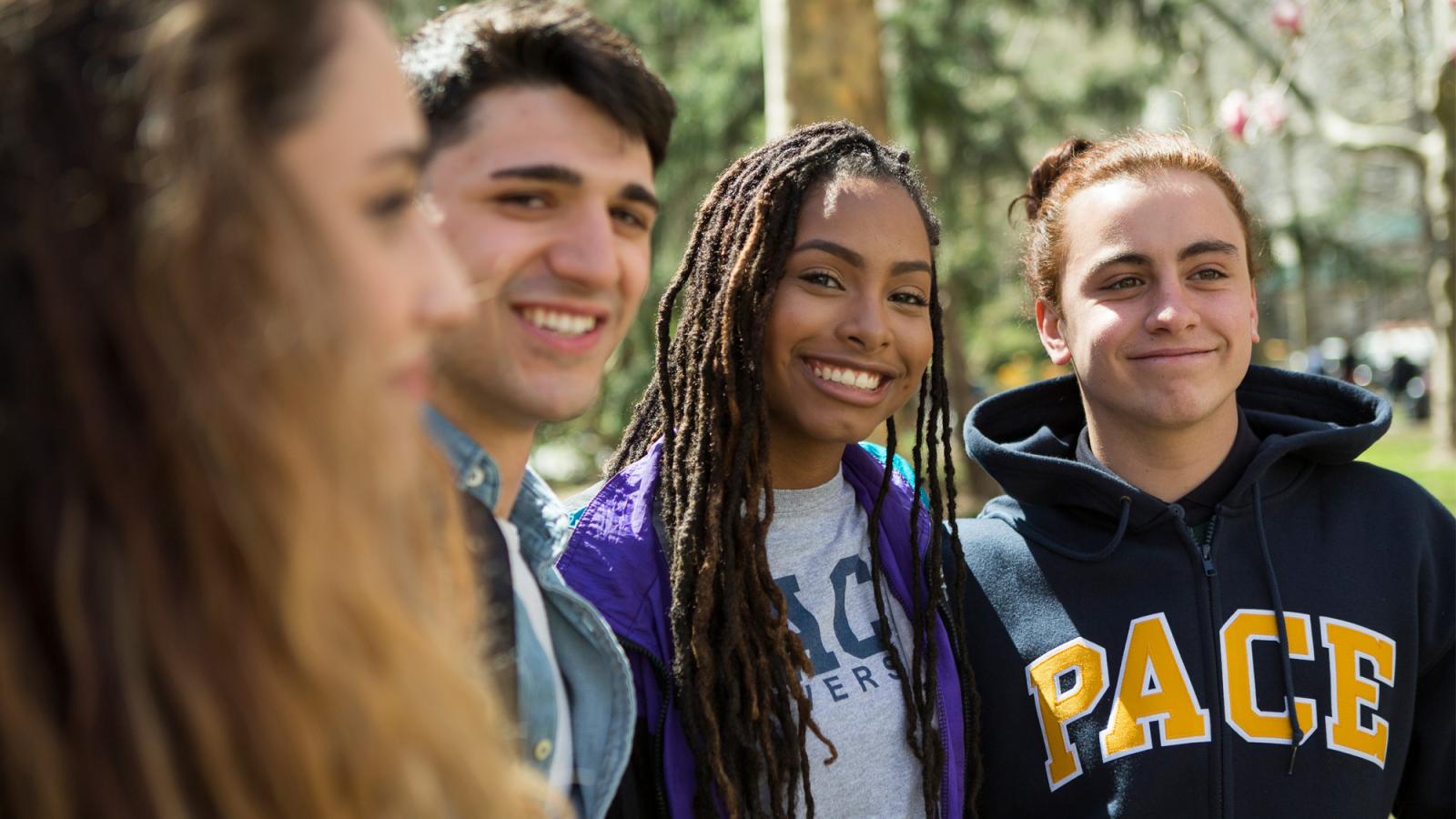
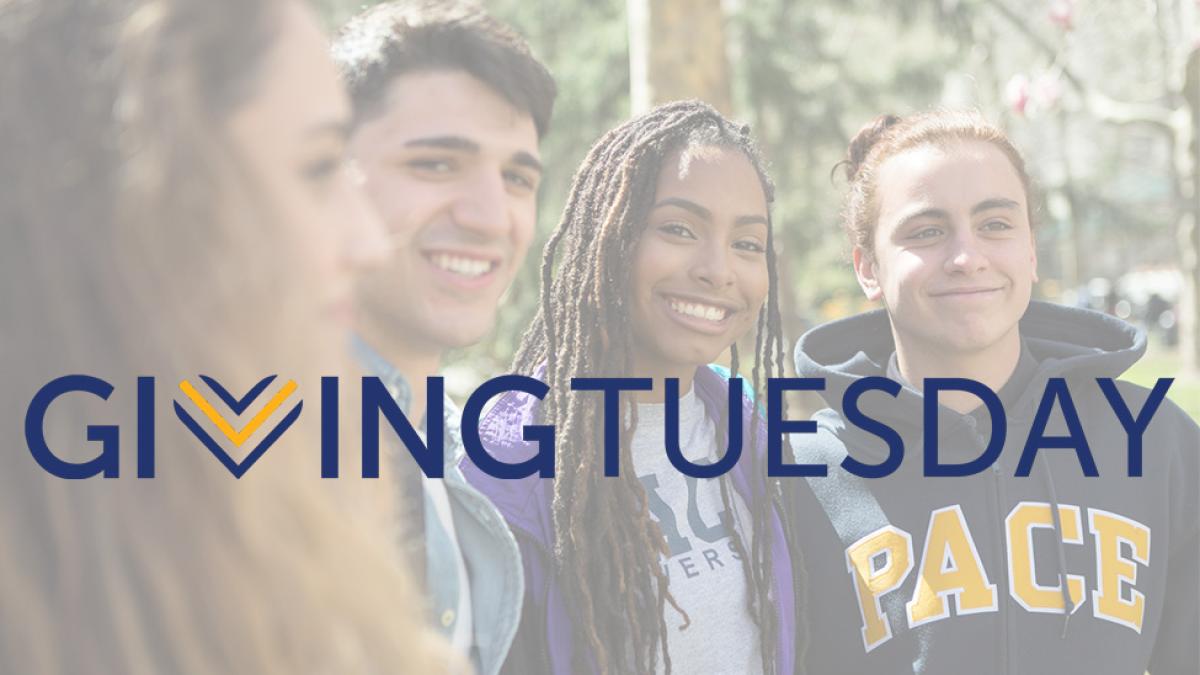
This year’s Giving Tuesday showcased the unstoppable energy and generosity of the Pace Community. Together, we didn’t just meet our goal—we soared past it, achieving an awe-inspiring 2,674 donations from 40 states and 3 countries. Your collective impact has raised $768,822 (and counting!), unlocking life-changing opportunities for our students and ensuring they have the resources to thrive on the Pace Path.
If you haven’t yet joined this incredible movement, there’s still time to make a difference. Be part of a growing legacy of generosity and transformation by making your gift today.
And the momentum doesn’t stop here. Mark your calendars for April 23–24, 2025, when the Setter Community comes together for the Pace University 1906 Challenge—a chance to further amplify your impact and support the dreams and success of Pace students.
More from Pace
Pace President Marvin Krislov writes in Forbes reflecting on the importance of personal connections and gratitude during Thanksgiving.
Donald Moore ’76, Biology, Pre-med, a former attending physician at New York-Presbyterian Brooklyn Methodist Hospital, has been appointed by Governor Kathy Hochul to serve on SUNY Downstate’s community advisory board, along with seven other individuals.
Fall 2025 registration is here, and with it comes excitement, planning, and sometimes a bit of confusion. Let’s break down common myths and get the facts straight so you can register with confidence and stay on track for success.
Empowered in Economics: Q+A with Kristina Krichmaryov
Kristina Krichmaryov '26 found her passion with Computational Economics. She highlights the unique community of predominantly female students and the numerous opportunities for intellectual growth and leadership.
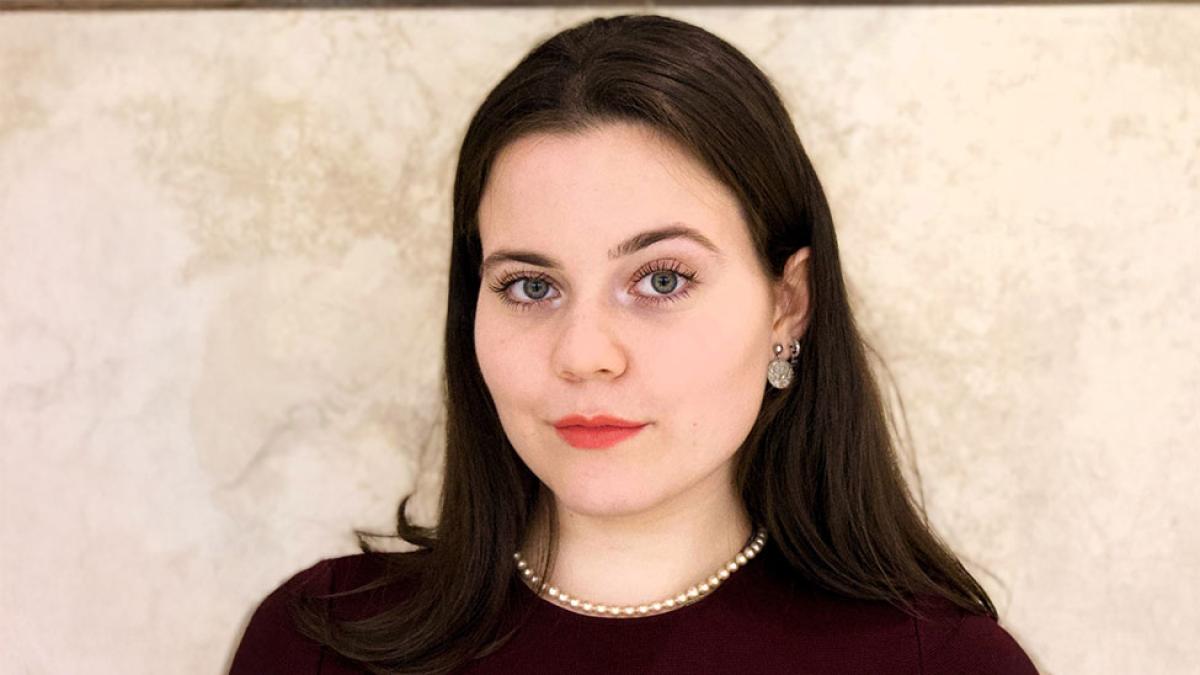
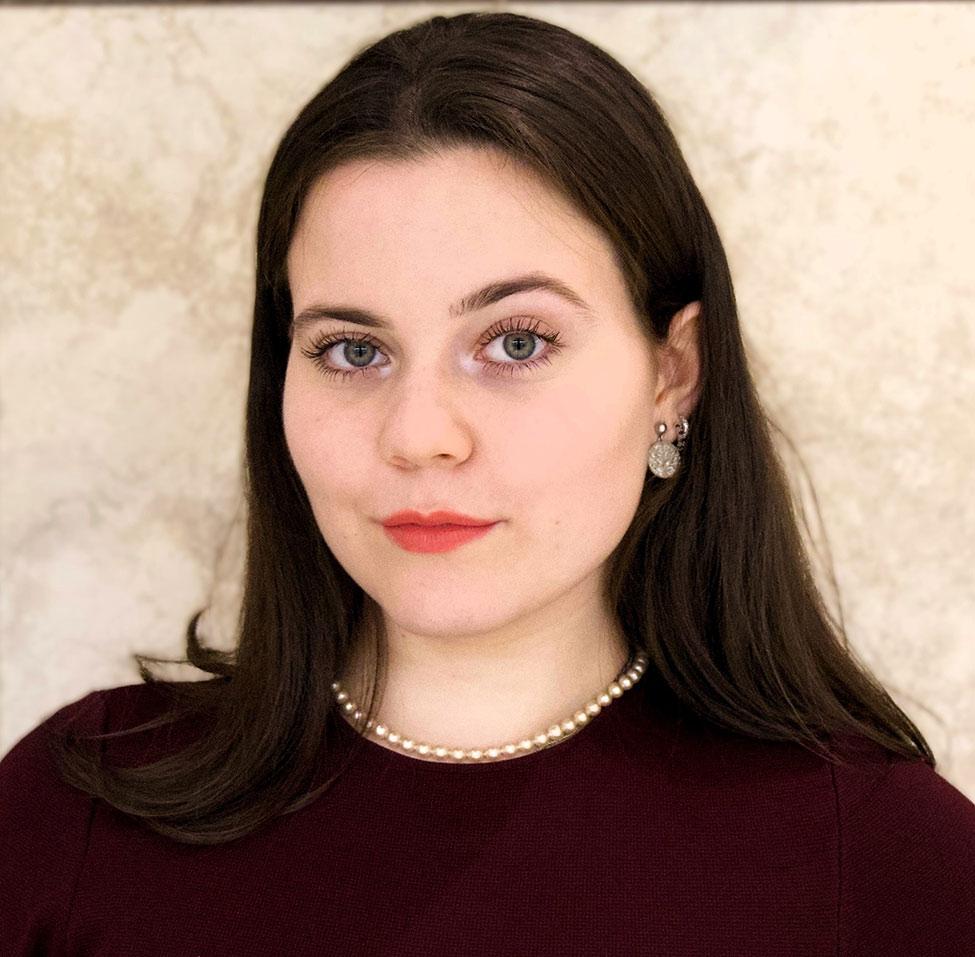
Kristina Krichmaryov
Class of 2026
BS in Computational Economics
How did you become interested in pursuing a BS in Computational Economics?
For me, it came down to three factors: to receive the most return on my tuition investment, to challenge my intellect, and to enjoy my studies. I was an undecided student at first but became fascinated by an introductory computer science course I had taken and wanted to find a way to incorporate economics with computer science. So, the perfect opportunity arose when Professor Mary Kaltenberg, PhD mentioned she was establishing a new major: Computational Economics. At the end of my sophomore year, I made the switch and never looked back.
As president of the student organization, Women in Economics, you co-organized an event with the Economics Society to bring prominent labor economist Daniel Hamermesh, PhD, to the New York City campus. How did this opportunity come about and how was it meaningful to you?
We were able to bring Mr. Hamermesh to Pace due to Professor Kaltenberg’s connections, and, once here, he presented his research on “Beauty in Our (Economic) Lives,” or “Beauty Pays: Why Attractive People Are More Successful.” His research includes findings on how beauty increases an individual’s success, employment, and productivity. After his presentation, we had an open Q&A with our audience. It was a remarkably successful, engaging, and entertaining event.
It was also inspirational and eye-opening; while some may find Dr. Hamermesh’s research to be a bit controversial, I find it inspiring that he continues to research what he is interested in and raises questions that are often kept in the dark. It reminded me to remain authentic.
What are your thoughts on the theme of women in economics and how Pace has been a supporter of this?
The theme of women in economics is very prominent at Pace. As everyone knows, the field of economics is male-dominated, even at colleges and universities nationwide. However, Pace is one of those unique universities with predominantly female students in its Economics Department, fostering a tight-knit community of intellectual individuals. The entire department is extremely supportive, resourceful, helpful, and welcoming to all economics students and those of other majors. At Pace, in addition to Women in Economics and the Economics Society, there are many extracurricular activities that allow students to explore their curiosity, such as conducting research both within and outside of class, or exploring fiscal policy with the nationally placed Fiscal Challenge team, and monetary policy with the nationally placed Federal Reserve Challenge team. Most of our female students are in charge of these extracurricular activities and maintain strong leadership and supporting roles.
Pace is one of those unique universities with predominantly female students in its Economics Department, fostering a tight-knit community of intellectual individuals.
What have your experiences been like with the Economics Department? How has faculty been instrumental in your academic journey?
Since my first semester at Pace, I have been either in contact with or deeply involved with the Economics Department and have taken advantage of every opportunity. From the very beginning, I have had only positive experiences with the faculty and students. The economics community is like a family, and in times of distress, in celebration of personal achievements, or to pursue an interest, the faculty has been there for me through it all, especially Professor Sam Baruch.
What challenges have you overcome and are willing to share/proud of?
One personal challenge that I am proud of overcoming is social anxiety. When I was younger, I was shy and introverted, but then began to grow into my identity, with greater self-confidence, public speaking skills, and self-respect by pushing myself out of my comfort zone, looking within and self-reflecting, and being honest with myself. To this day, anywhere I step foot, anything I do, or anyone I speak with, I hold these personal accomplishments dearly and continue to work to become the best version of myself while trying to help others as much as possible.
What would you like to do after graduation/what are your career plans?
After graduation, I will be moving to Ukraine to spend time with my family. From there, I am keeping an open mind and not setting everything in stone. When I am older and look back on my youth, I want to remember experiencing life and the world. Perhaps I will backpack in Europe, train in Muay Thai, the martial art, return to school for physics, law, or medicine, start a business, or pursue a master's and PhD. Whatever God and life have in store for me.
What advice, if any, would you like to give to prospective or current students?
Befriend fear. Push yourself out of your comfort zone to grow. Learning never ends, so ask questions, read, and challenge yourself. Health is true wealth. Practice staying grateful, patient, and humble. Work on yourself mentally, physically, and spiritually. Learn and know when to say no. Set and uphold your boundaries no matter who you are talking to. It’s the little things that count. You are your greatest investment.
